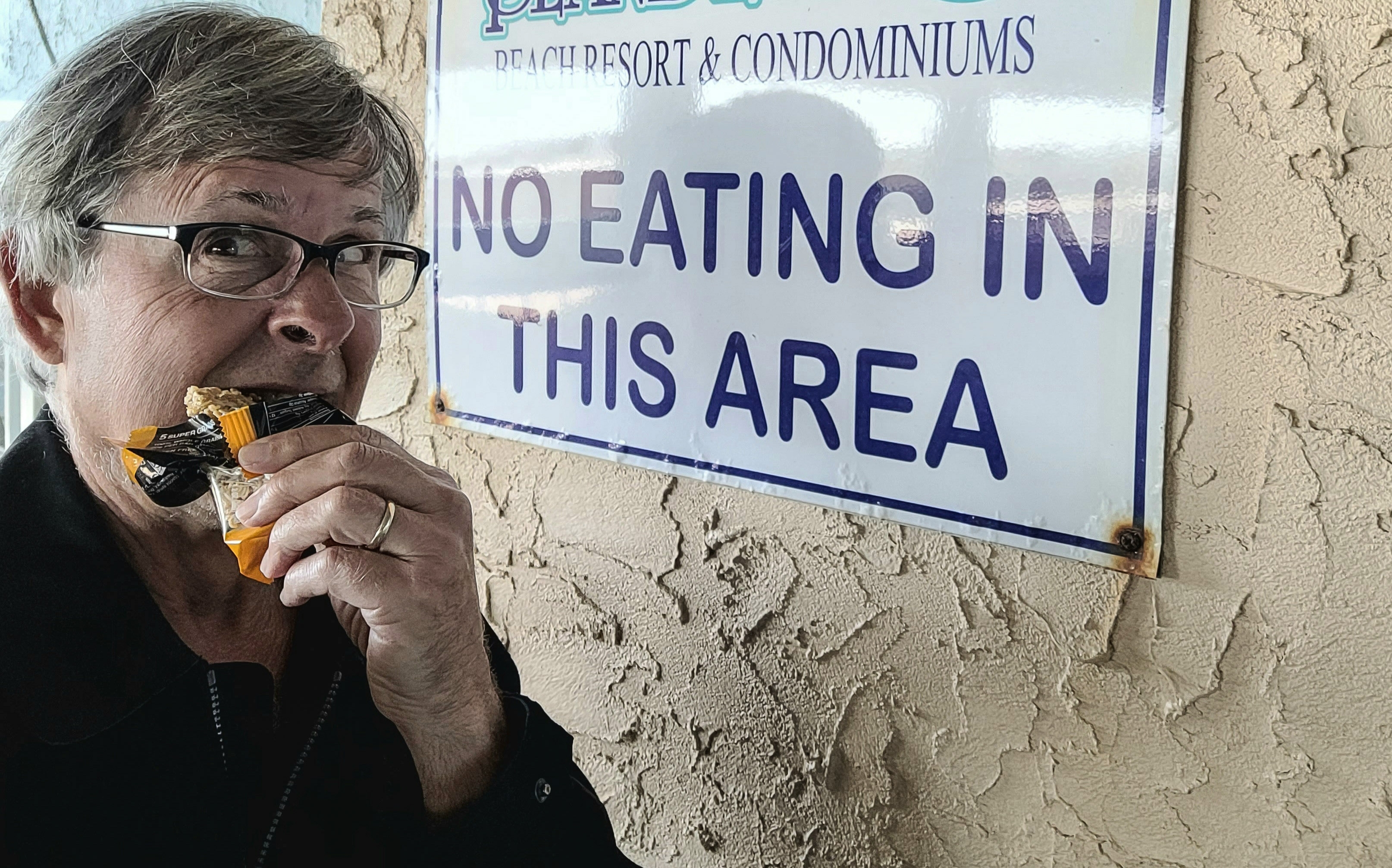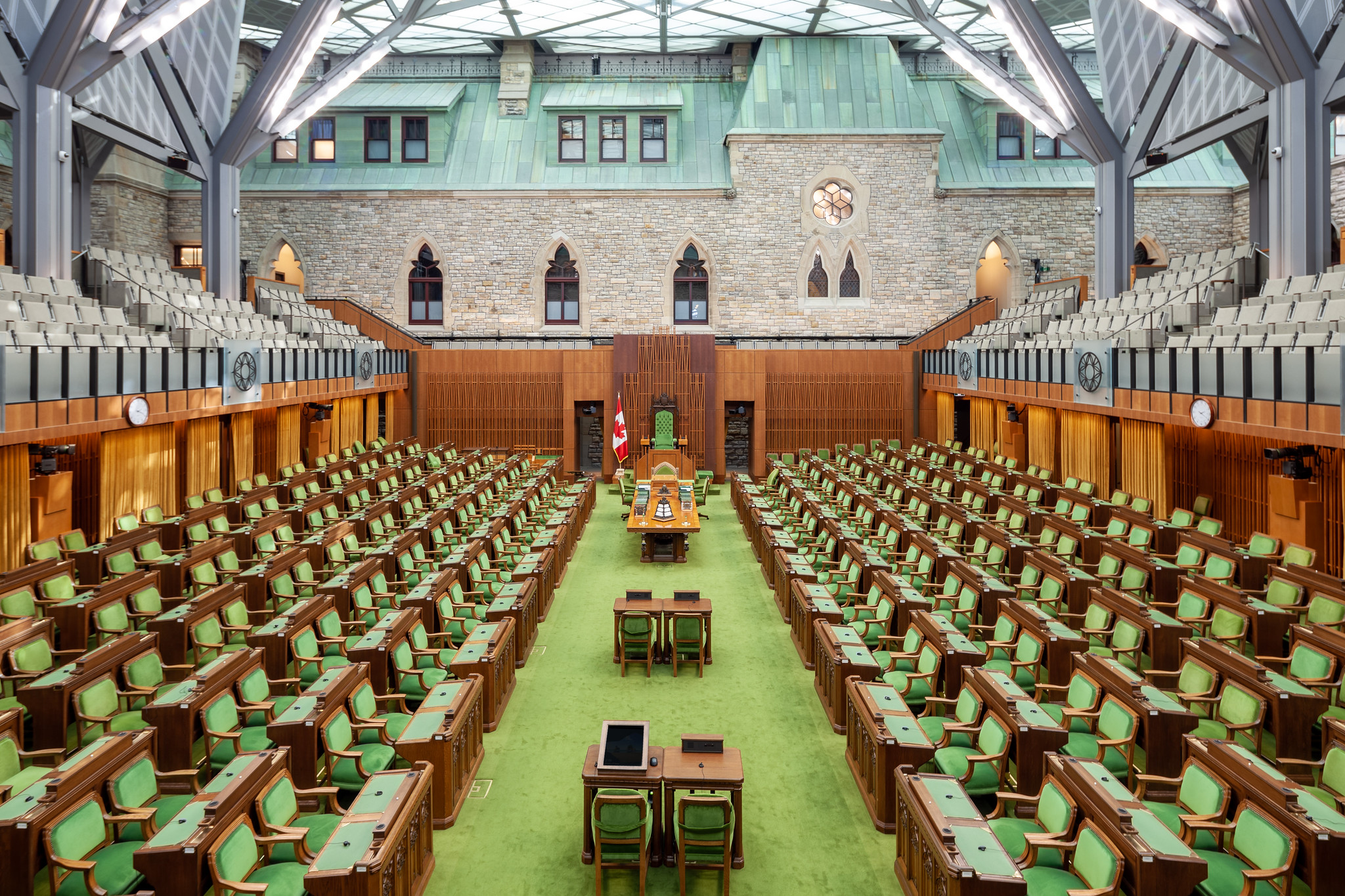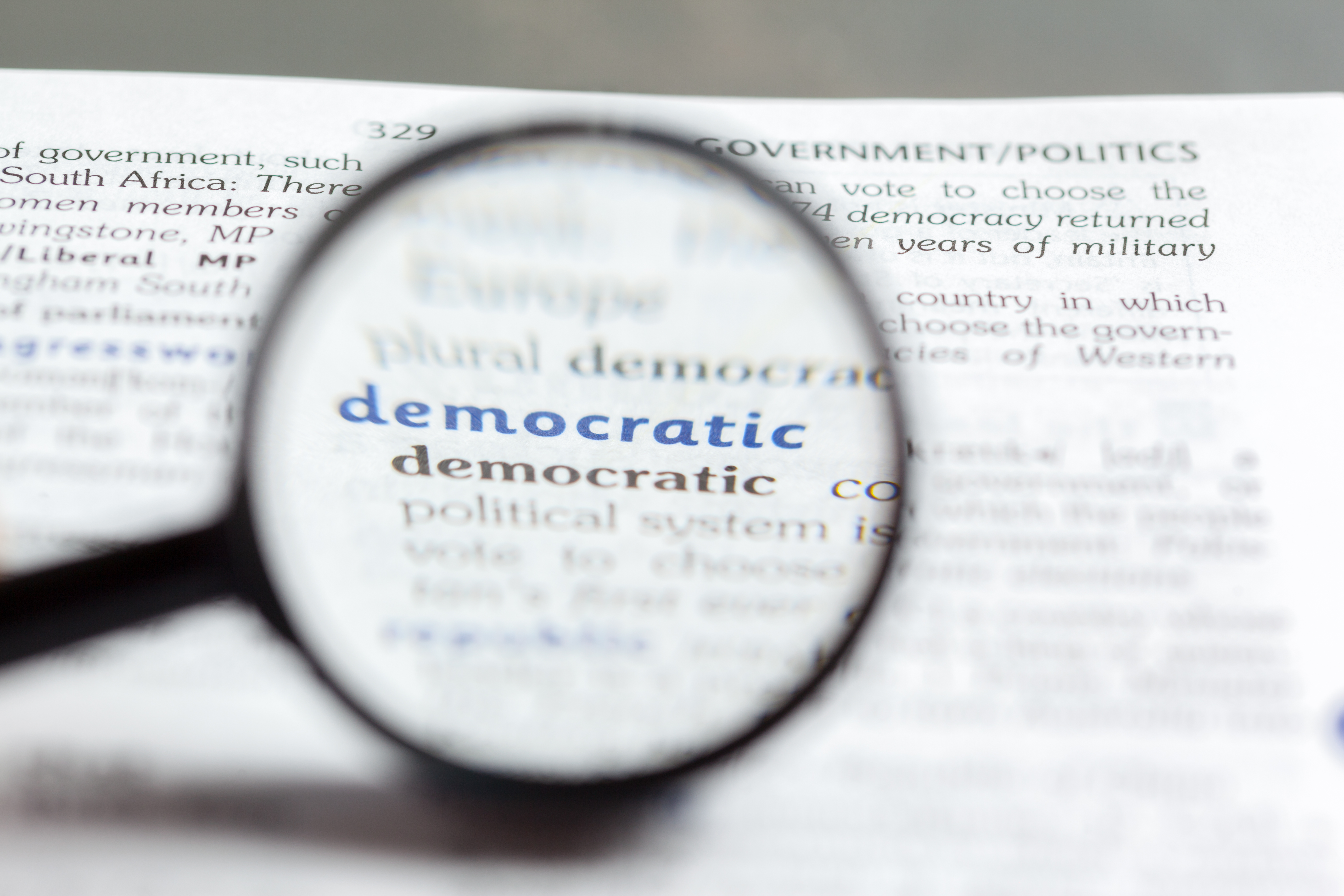Definitions
A
Authority - The right or power to give orders, make decisions, or control people.

Administration - The planning, organizing, directing, coordinating, and controlling of government operations. In Canada's system of parliamentary democracy, there are three branches of government that guide the governance of both Canada and its provinces: the executive, legislative, and judicial branches .
B
Bill - A suggestion for a law that Parliament or provincial legislatures are asked to consider.
By-Law - A rule made by an organization to regulate itself.
C
Civics - The study of an individual’s rights and duties as a citizen.
Constituent - A person living in a constituency.
Constituency - A defined geographic area where citizens living within the same geographic area choose from the same list of politicians during election campaigns. Constituency is also known in Canada as a riding.
Caucus - A meeting of members of a political party or group to discuss and decide on policies and strategies. During a caucus, participants may also vote to select their party's candidate for an election or to endorse a particular policy position.
Clerk - Does not belong to any political party, and their role is nonpartisan. As the secretary to the Cabinet, the role of a clerk is to provide impartial advice to the ministry and oversees the advice and policy support given to Cabinet and its committees. A clerk can serve multiple prime ministers.
G
Governance - The way a group of people, such as those in country, do things such as lead their people and make laws.
J
Jurisdiction - The power, right, or authority to interpret and apply the law.
L
Left-wing - Left-wing refers to political ideologies and positions that advocate for social equality, government intervention in the economy, and progressive reforms. It often emphasizes reducing income inequality, expanding social services, and protecting civil rights.
Legislature - A word that comes from the Latin language, meaning “those who write the laws”. A legislature is, therefore, a group of people who vote for new laws.
Legislative Assembly - The legislature is the law-making body. Therefore, in Canada, Parliament is the national legislature. Most provincial and territorial legislatures in Canada are called the legislative assemblies.
Law - Another word for rules or set of rules. Laws are based on ideas about what is right and what is wrong.
M
Majority Government - Occurs when a ruling party (or multiple ruling parties) has more than half the seats in a legislature. Majority governments are more likely to be able to pass the laws that they draft and support.
Minority Government - Occurs when the party with the most seats in a legislature has less than half the seats. Minority governments are less likely to be able to pass the laws that they draft and support.
Municipality - A word used for a city, town, or village, or a small group of them. It has a clearly defined territory, and all the people living on that territory share one common local government.
Member of the House of Assembly (MHA) - Members of the House of Assembly Participate in debates in the House of Assembly, vote on Bills and other matters presented to the House, and Make statements and present petitions in the House of Assembly about issues important to their constituency or the province.
Member of Legislative Assembly (MLA) - A member of the Legislative Assembly (MLA) is a representative elected by the voters of a constituency to a legislative assembly. MLAs represent their constituents in the Assembly by sharing views, introducing Bills, debating issues, and discussing concerns with other Members and various government ministries. MLAs advocate on behalf of their constituents in the Assembly. In addition to their responsibilities as MLAs, Members might also carry additional roles in the Legislative Assembly.
Member of Parliament (MP) - Member of Parliament refers to an elected person who represents the people of a single national constituency or riding.
.jpg)
Member of Provincial Parliament (MPP) - Member of Provincial Parliament stands for and refers to an elected person who represents the people of a single provincial constituency or riding.
P
Policy - A statement of intent relating to a certain cause that is adopted by a government.
Parliament - Made up of the Canadian monarch (represented by the Governor General at the federal level), an upper house known as the Senate, and a lower house known as the House of Commons.
R
Right-wing - Right-wing refers to political ideologies and positions that prioritize individual liberties, limited government intervention in the economy, and traditional values. It generally emphasizes free market principles, personal responsibility, and preserving established institutions.
Rule - Guidelines for how people should behave. They are based on ideas about what is right and wrong.

Regime (also régime) - The leader and other people who run a government of a sovereign state.
Regimen - The system or order and structure, both formal and informal, of political power in a country. This includes how office holders are determined and their relationship with the society.
T
The House - Refers to the House of Commons in Canada and is the elected body made up of 338 members. Other countries have similar "houses".

The experience of democracy is like the experience of life itself—always changing, infinite in its variety, sometimes turbulent and all the more valuable for having been tested in adversity.
